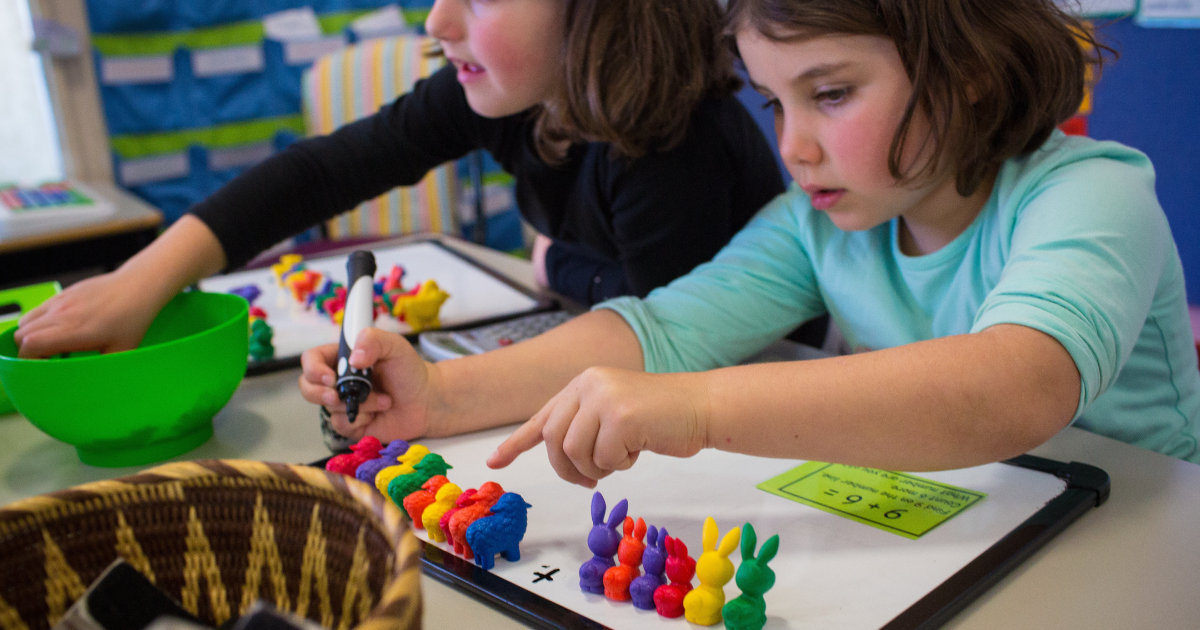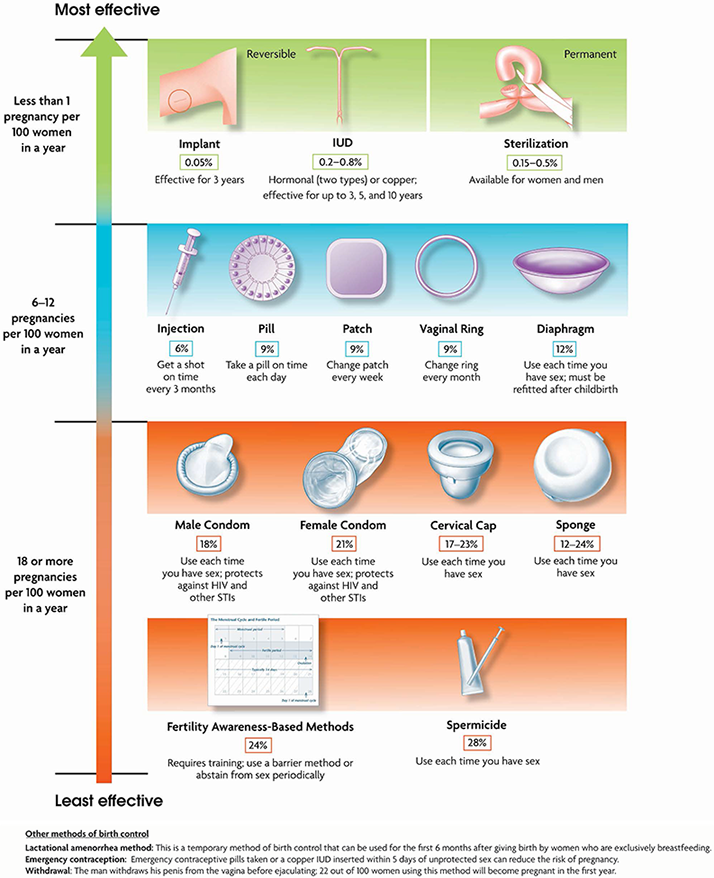How to help insecure child
Your Child's Self-Esteem (for Parents)
Sometimes it's easy to notice when kids seem to feel good about themselves — and when they don't. We often describe this idea of feeling good about ourselves as "self-esteem."
Kids with self-esteem:
- feel liked and accepted
- feel confident
- feel proud of what they can do
- think good things about themselves
- believe in themselves
Kids with low self-esteem:
- are self-critical and hard on themselves
- feel they're not as good as other kids
- think of the times they fail rather than when they succeed
- lack confidence
- doubt they can do things well
Why Self-Esteem Matters
Kids who feel good about themselves have the confidence to try new things. They are more likely to try their best. They feel proud of what they can do. Self-esteem helps kids cope with mistakes. It helps kids try again, even if they fail at first. As a result, self-esteem helps kids do better at school, at home, and with friends.
Kids with low self-esteem feel unsure of themselves. If they think others won't accept them, they may not join in. They may let others treat them poorly. They may have a hard time standing up for themselves. They may give up easily, or not try at all. Kids with low self-esteem find it hard to cope when they make a mistake, lose, or fail. As a result, they may not do as well as they could.
How Self-Esteem Develops
Self-esteem can start as early as babyhood. It develops slowly over time. It can start just because a child feels safe, loved, and accepted. It can start when a baby gets positive attention and loving care.
As babies become toddlers and young children, they're able to do some things all by themselves. They feel good about themselves when they can use their new skills. Their self-esteem grows when parents pay attention, let a child try, give smiles, and show they're proud.
As kids grow, self-esteem can grow too. Any time kids try things, do things, and learn things can be a chance for self-esteem to grow. This can happen when kids:
- make progress toward a goal
- learn things at school
- make friends and get along
- learn skills — music, sports, art, cooking, tech skills
- practice favorite activities
- help, give, or be kind
- get praise for good behaviors
- try hard at something
- do things they're good at and enjoy
- are included by others
- feel understood and accepted
- get a prize or a good grade they know they've earned
When kids have self-esteem, they feel confident, capable, and accepted for who they are.
p
How Parents Can Build Self-Esteem
Every child is different. Self-esteem may come easier to some kids than others. And some kids face things that can lower their self-esteem. But even if a child's self-esteem is low, it can be raised.
Here are things parents can do to help kids feel good about themselves:
Help your child learn to do things. At every age, there are new things for kids to learn. Even during babyhood, learning to hold a cup or take first steps sparks a sense of mastery and delight. As your child grows, things like learning to dress, read, or ride a bike are chances for self-esteem to grow.
When teaching kids how to do things, show and help them at first. Then let them do what they can, even if they make mistakes. Be sure your child gets a chance to learn, try, and feel proud. Don't make new challenges too easy — or too hard.
Praise your child, but do it wisely. Of course, it's good to praise kids. Your praise is a way to show that you're proud. But some ways of praising kids can actually backfire.
Here's how to do it right:
- Don't overpraise. Praise that doesn't feel earned doesn't ring true. For example, telling a child he played a great game when he knows he didn't feels hollow and fake.
 It's better to say, "I know that wasn't your best game, but we all have off days. I'm proud of you for not giving up." Add a vote of confidence: "Tomorrow, you'll be back on your game."
It's better to say, "I know that wasn't your best game, but we all have off days. I'm proud of you for not giving up." Add a vote of confidence: "Tomorrow, you'll be back on your game." - Praise effort. Avoid focusing praise only on results (such as getting an A) or fixed qualities (such as being smart or athletic).
Instead, offer most of your praise for effort, progress, and attitude. For example: "You're working hard on that project," "You're getting better and better at these spelling tests," or, "I'm proud of you for practicing piano — you've really stuck with it." With this kind of praise, kids put effort into things, work toward goals, and try. When kids do that, they're more likely to succeed.
Be a good role model. When you put effort into everyday tasks (like raking the leaves, making a meal, cleaning up the dishes, or washing the car), you're setting a good example. Your child learns to put effort into doing homework, cleaning up toys, or making the bed.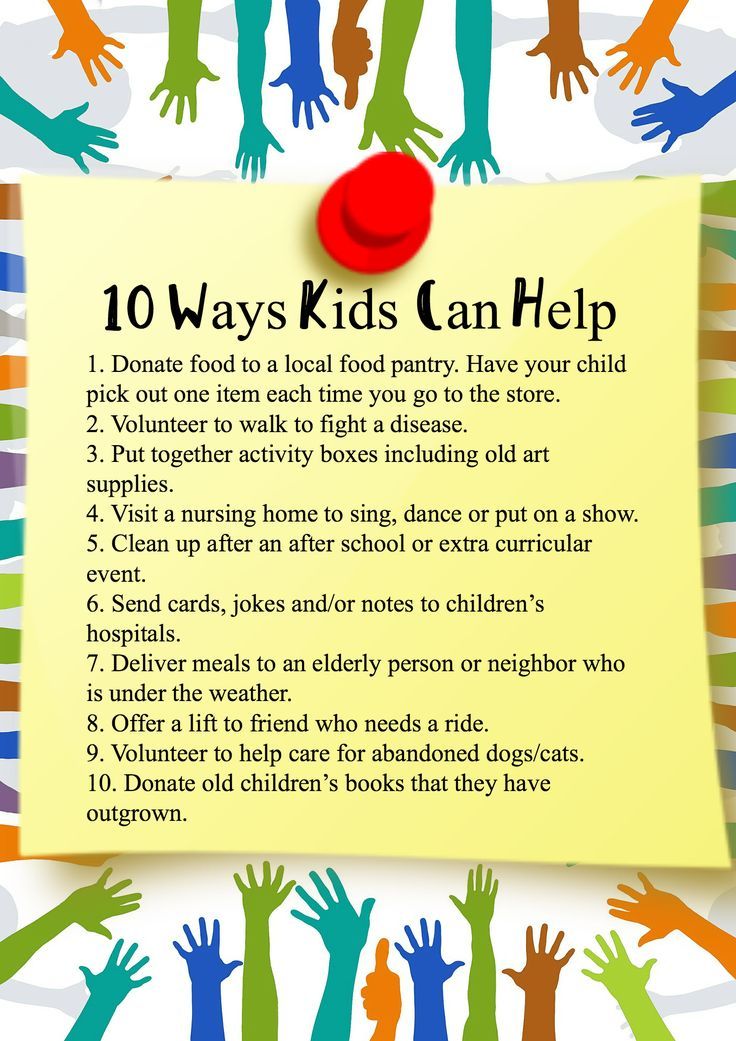
Modeling the right attitude counts too. When you do tasks cheerfully (or at least without grumbling or complaining), you teach your child to do the same. When you avoid rushing through chores and take pride in a job well done, you teach your child to do that too.
Ban harsh criticism. The messages kids hear about themselves from others easily translate into how they feel about themselves. Harsh words ("You're so lazy!") are harmful, not motivating. When kids hear negative messages about themselves, it harms their self-esteem. Correct kids with patience. Focus on what you want them to do next time. When needed, show them how.
Focus on strengths. Pay attention to what your child does well and enjoys. Make sure your child has chances to develop these strengths. Focus more on strengths than weaknesses if you want to help kids feel good about themselves. This improves behavior too.
Let kids help and give. Self-esteem grows when kids get to see that what they do matters to others. Kids can help out at home, do a service project at school, or do a favor for a sibling. Helping and kind acts build self-esteem and other good feelings.
Kids can help out at home, do a service project at school, or do a favor for a sibling. Helping and kind acts build self-esteem and other good feelings.
Reviewed by: D'Arcy Lyness, PhD
Date reviewed: July 2018
7 Steps to Take When Your Child Feels Insecure
Parents will often ask themselves what causes insecurity in a child and what they can do to combat negative self-talk. And as the reasonings for why a child might be feeling insecure widely vary, there are some key steps to take when your child begins to show symptoms. Before we discuss what you can practically do to help your child feel emotionally and physically secure in who they are, let’s first unravel common causalities of kids feeling insecure.
What Causes a Child to be Insecure?
When my son turned 8, I saw a large shift in his self-confidence. Up until that point, he never seemed to struggle with things like how he looks, what he’s good at, or whether or not people liked him — he didn’t struggle with insecurity at all.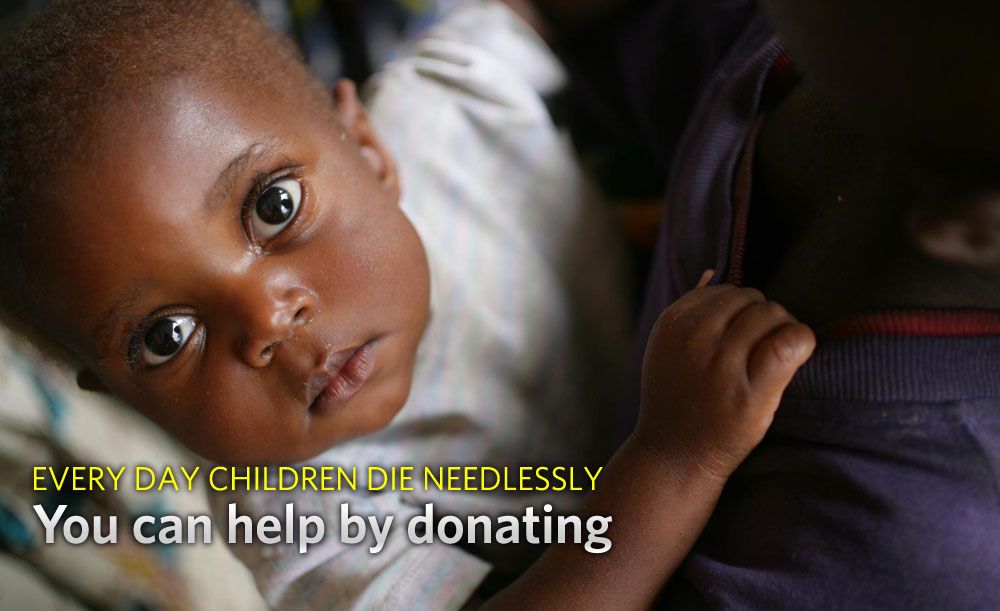
But the closer he inches towards the preteen and teen years, I’ve seen insecurities develop in him that cause me to want to grab him by the shoulders, shake him, and force him to see how wonderful he is.
Unfortunately, there is no fix it fast solution when your child begins to have insecurities and negative self-talk. As there are SO many factors one can dissect when it comes to discovering what sources are at fault for influencing a child’s self-worth, parents can only do what they can with what they have.
To make it simple, helpful, and speaking from my personal experience, I hope these tips will help you understand your child more, and self-reflect on any negative parenting habits you’ve picked up that could cause your child to be insecure.
Recently, I’ve committed to paying attention to the things I can change that negatively influence my child, especially in how they view themselves.
As most of us parents know, it’s easy to pass on bad habits to our kids, but hard to instill good ones.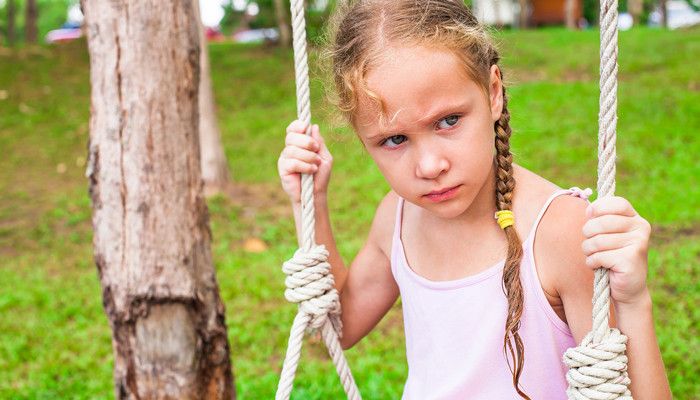
If you’ve noticed that your child’s negative self-talk or self-worth is happening more and more, the sooner you address it, the better.
The objective is to figure out WHY they are doing this. As it’s completely human to have insecurities, the depth of that insecurity can be lessened when a child has their parents to talk about it with. It’s also a time for you to make sure you aren’t influencing their insecurities in any way.
Why Parents Need to Figure Out the “Why” Behind the Negative Self-Talk and Insecurities
Wouldn’t it be amazing if you could figure out the why behind your child’s insecurities so they can deal with it, and won’t have to live the rest of their adult life struggling as you did?
When you recognize your child is inching towards a cliff of unmanageable self-doubt, go in and save them.
Parents have the most powerful influence on children. Figuring out the “why” will not only strengthen your relationship with your child, it will give you insight to help them navigate through life’s difficulties.
As with any advice I give, I also implore you to talk to God about it. He knows your child more than you ever will. Who better to talk about your kids to than the one who created them.
How to Deal With an Insecure Child – 7 Step Process
1. Assess Your Parenting and Apologize if Need Be
Insecurities don’t just come out of nowhere. There is a source, and making sure that source isn’t you, requires a little self-reflection of your parenting.
Even the best of parents will influence their kids negatively. So don’t read this and feel guilty. It’s my hope that these words can encourage you to see where you can grow for the benefit of your child.
When you can regularly self-reflect on how your parenting is affecting your kids, you’ve already accomplished one of the hardest part of becoming a great parent — humility. But to go even further than that and apologize to your kiddo for failing them? That’s hitting the jackpot.
We can’t take back the things we’ve done to emotionally damage our kids.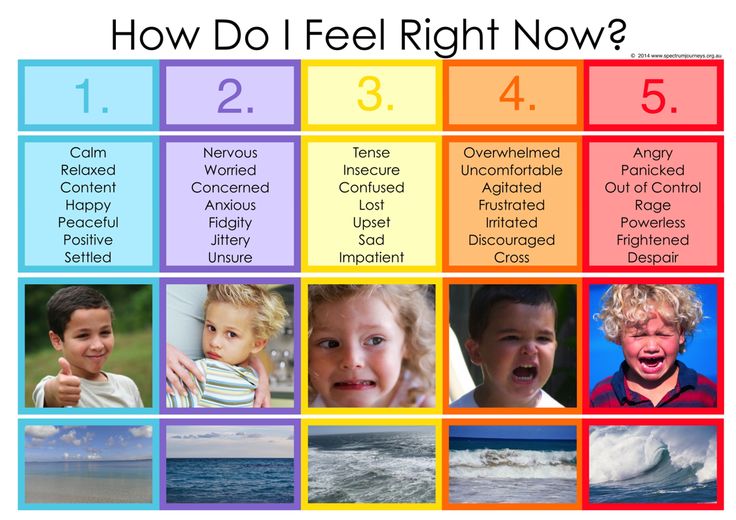 But we can apologize, and implement change. Not only will this show your child that perfection will never be something you require, but it will also teach them that it’s okay to fail. It’s okay to make mistakes. And your mistakes don’t define you.
But we can apologize, and implement change. Not only will this show your child that perfection will never be something you require, but it will also teach them that it’s okay to fail. It’s okay to make mistakes. And your mistakes don’t define you.
Be sure to follow us on Instagram for daily family inspiration.
2. Have a Conversation About It
After you’ve tackled the initial step — which will most likely include you apologizing to your kids — you can move onto the next, and possibly include it in the same breath as the above step.
So you’re sitting there on the bed with your child, and you’ve apologized for letting your criticism or discipline trump your grace and acceptance of them. Then you realize something. You’ve done all the talking.
Now, one of the more important aspects of parenting and teaching your kids to listen and be respectful is to listen and be respectful to them first.
Here are some questions you can ask to get the ball rolling in figuring out why they are feeling insecure about themselves.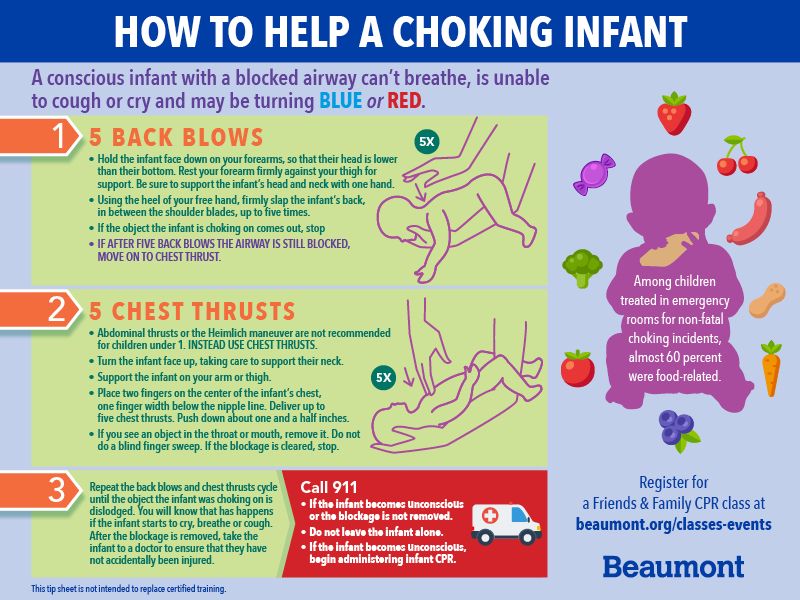
- Is there something I’ve said or done that makes you not feel good about yourself?
- Do you ever feel like you aren’t good enough?
- Have I ever given you a reason to doubt yourself?
- How often do you have bad thoughts about yourself?
- How would you describe yourself?
- What are your strengths?
- Do you think you have any weaknesses?
- How do you think are you special and unique?
- What do you think I most admire in you?
- What’s your favorite thing about how you look?
- Is there anything you want to change about yourself?
Obviously, you don’t want to bombard them with questions all at once, make it forced, or demand answers. Use your discretion. These are just some ideas for parents to really get down to the nitty-gritty as to why their child is feeling inadequate, while also figuring out if it has to do with your parenting.
If your child answers the question, let’s say, “What are you strengths?” and they don’t know, ask them if you can tell them what you think their strength are.
When listening to their answers, make sure you don’t ask to respond, but rather ask to listen and understand.
3. Teach Them to Forgive Themselves
Guilt can play a huge role in feeling inadequate. If children don’t view themselves as lovable or forgivable based on something they did, it can begin to define them.
How can one have confidence if they don’t think they are forgiven? For our family, this might mean something different than yours. Because of our faith, we have taught our son that he is forgiven for anything he has, will, or will do through the cross.
But it’s also important for us parents to extend our forgiveness, and make sure that our kids know there is nothing they could do wrong to not earn our love, admiration, or acceptance.
One of the best ways children can learn about God’s beautiful forgiveness is when their parents can model it first. If your child makes a mistake, make sure that the overarching feeling they get from the situation is forgiveness–even if a consequence is included.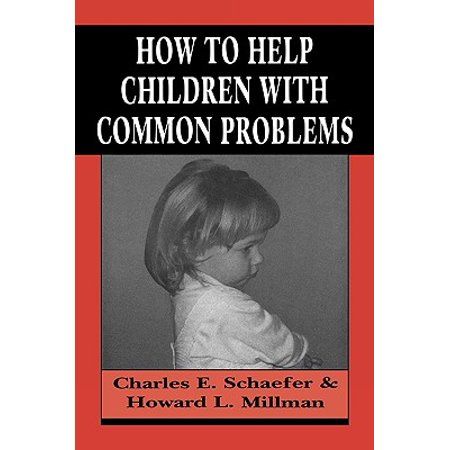
In our day and age, parents, unfortunately, have to deal with another element of bullying — cyberbullying. As social media is one of the main ways kids now communicate with one another, it makes it hard for parents to monitor those interactions.
The BEST way to do this is by using a parental control software, much like Bark, on your child’s device. Read my full review of Bark and how it works here.
Because society is now more aware of the negative affects social media and digital technology has on our young people, there are many great options for safe and affordable phones for kids. Check out the Pinwheel phone or Gabb wireless. Read my full review of the Pinwheel phone.
Another great way to make sure your kids have good influences is to volunteer at their school, have kids come to your house to hang, and establish a safe environment to have continual conversations regaring digital activity.
If you have fostered an open and honest relationship with your kids, this shouldn’t be hard. But if there is work to be done in your relationship, it could take some time to build trust with one another.
But if there is work to be done in your relationship, it could take some time to build trust with one another.
If you can eliminate possible avenues of your child feeling inadequate–which OFTEN comes with social media–then figure out what you need to set in place to make that happen.
5. Make Sure You Are Meeting Their Emotional Needs
I write a TON about this subject. Why? Because emotional connectivity within the family is by far the most important for families to function in a healthy way. Here is a list of my top posts on meeting the emotional needs of your children.
Raising a Mentally Strong Child in a Mentally Unstable World
Emotionally Strong Kids Have Parents Who Ask Them These 5 Questions Daily
How to Improve Your Relationship With Your Teen/Preteen
Emotionally Healthy Families Do These 7 Things Daily
6. Speak Truth to Counteract the Lies
As an adult, I am finally able to understand why I am the way I am in certain areas, whether it was due to how I was raised or the circumstances life brought my way.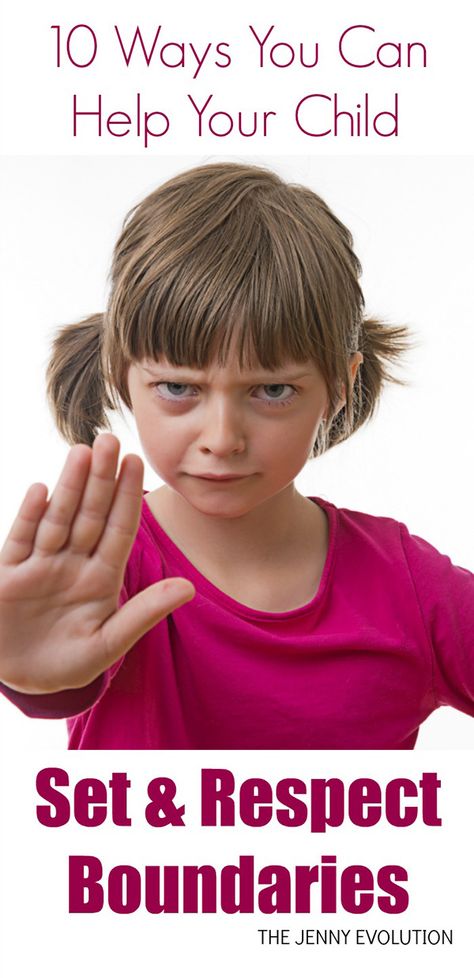
When I was in high school, a boy told me my nose was too big; that was devastating for a teenage girl to hear.
Words are weighty when it comes to our perception of ourselves, making it all the more important for parents to speak truths to combat the lies a child might be getting from the outside world.
Check out Word of Affirmation for Boys
What a Girl Needs From Her Mom
5 Things a Boy Needs From His Mom
All Sons Need This From Their Dad
7. Make Sure You Aren’t Doing or Saying These Things
Some kids are more sensitive than others. But I honestly believe that we are all sensitive–some of us have stronger filters or hide the impacts better.
That’s why we have to be EVER so careful with what we say to our kids. I once heard of a father who gently told his overweight daughter that maybe she shouldn’t put so much cheese on her food. She eventually starved herself and didn’t make it.
As that is an extreme example, and one that doesn’t give proof of other factors, it still can help us understand the weight of our words, especially as parents.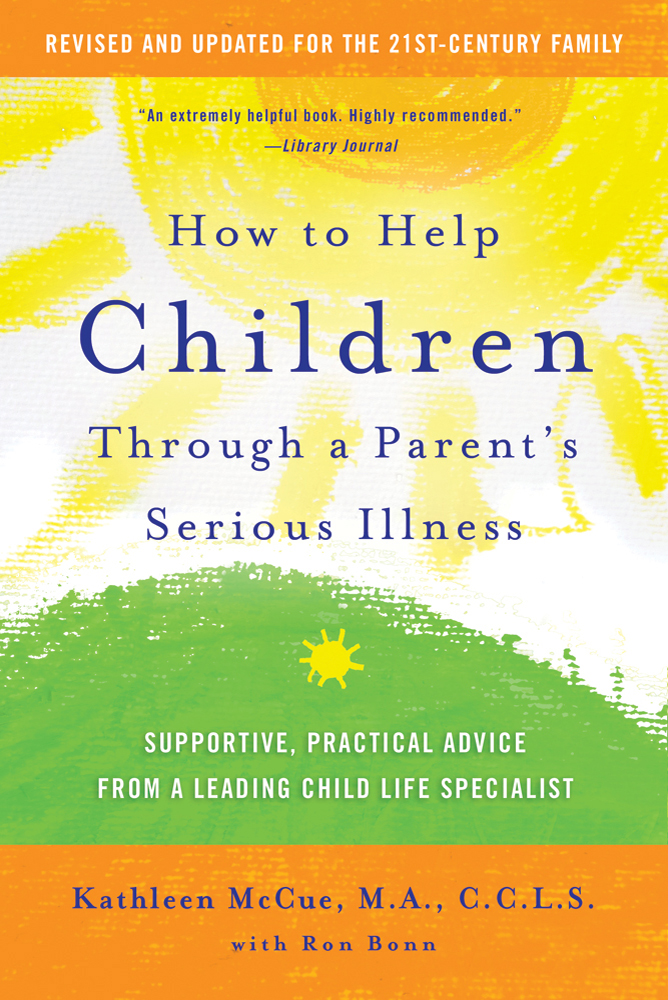
Check out – Things You Should Never Say to our Child and 3 Ways Parent Unintentionally Emotionally Damage Their Kids to get more in-depth info on this subject.
Positive parenting tools for every parent
Screen Time Protection and Teaching Moderation
I’ve recently partnered with Bark, a software to supervise, manage, and protect your child’s device use on the go. Use the code WORDBIRD at checkout to get an additional 1-month free trial after your first initial 7-day trial!
Screen Time Checklist Printable for Kids – FREE if you sign up for our weekly newsletter. Just fill out your info below.
Book List for Kids and Parents
Check out my recommended books for parenting.
Book list to teach kids about racial diversity.
Journaling for Kids
When a child is old enough to start drawing, coloring, or writing, journaling is an incredible way to help your kids better express themselves in a free and comfortable way. Check out our Kid’s Printable Journals — created specifically to help children better express their feelings, encourage gratitude, and spark the imagination.
Check out our Kid’s Printable Journals — created specifically to help children better express their feelings, encourage gratitude, and spark the imagination.
Chores for Kids
Magnetized Chalk Chart for Fridge
Implementing chores and structure in your child’s daily life is a VERY helpful tool to teach them follow through, discipline, and respect. We use this chore chart in our family to help our kids keep track of their own progress, and keep you from having to constantly remind them of their daily tasks.
If you’re looking for something a bit more simple, this is also a good option.
Chore Chart Printable – Get it NOW from the convenience of your own printer
If you’re looking for something you can print out immediately and start implementing chores in your home today, check out this CHORE CHART PRINTABLE. With a Mandalorian theme, it makes for a lighthearted and fun way to encourage kids to do their daily and weekly “missions. ”
”
Connecting on a deeper level emotionally with your child is CRUCIAL, and sometimes more difficult. We play THIS GAME often in our family to create a safe space for our kids to feel free to share their questions and emotions, all without judgment.
We even offer an “Exemption Time” for the duration of this game, where anything he tells us is off the table for consequences.
Check out these other posts on emotional connectivity on the blog!
Don’t forget to follow us on social media!
Insecure child: 5 advice from a psychologist
children's center and
youth
Development
Phones
+7(495)135-15-45+7(901)388-61-35
Author: Yana Kshesinskaya
Contents:
- Uncertainty - where does it come from?
- Confident child - what is he like?
- Signs of self-doubt in a child
- 5 tips for parents from teenagers - how to build confidence in a child
- Interview with an insecure teenager and a commentary by a psychologist
- How to help your child develop confidence
- Mini test: how confident is my child?
- Development of self-confidence - help at the K.
 O.T.
O.T.
Uncertainty - where does it come from
Its signs can be seen at any age, in adults and children. This is the fear of taking any action because of doubts about one's strengths, capabilities, knowledge, and abilities.
Most often, this is an acquired quality that appears as a result of an unsuccessful experience, a memorable defeat, or pain. It can also be a result of the upbringing of the child.
When and why does uncertainty appear?
Often this quality appears in adolescence, less often in young children.
Children's insecurities are usually caused by parents.
- Statements to the child: “You won’t succeed”, “You did something wrong again”, lack of support from them.
- Self-esteem is also affected by the “decreasing importance” of the child's needs. He asks for something, parents ignore the needs or say that it is not important at all and no one needs it.
- Emphasis on failures, and ignoring victories and successes - it is necessary to scold, but you can forget to praise and take it for granted
- Adults often lack tact, and they can easily humiliate him in front of everyone.
 Moreover, humiliation is a tactless remark addressed to a child. This is important to remember.
Moreover, humiliation is a tactless remark addressed to a child. This is important to remember.
Adolescents are able to separate themselves from other people, independently assess their abilities. The result of this may be dissatisfaction with their appearance, physical data, the social status of their parents, and other points.
If a teenager seems overconfident, this is not always the case. People around him perceive him as arrogant. If such a person is lonely, then, most likely, self-confidence is armor, a fortress. So he protects himself from others, wants to appear strong, but he is not.
A confident child - what is he like?
This is the basis of success in life. The opportunity to develop and make experiments, be yourself and not be afraid of difficulties.
Qualities characteristic of self-confident children
The ability to be a leader.
Or not to be and feel happy. In fact, not every child has leadership skills. Imagine what our society would become if each of its members were a leader? But to understand your place in the team, to feel your own importance and value is necessary for every person.
Imagine what our society would become if each of its members were a leader? But to understand your place in the team, to feel your own importance and value is necessary for every person.
Ability to perceive criticism normally.
Did you do something wrong and corrected you, pointed out the mistake? Take a look at your child's reaction.
You didn't become "bad" if you made a mistake.
A self-confident person, of course, may be upset, but he will understand that now we are talking about a situation, an act. But not about himself.
Can protect himself and others.
Does the child feel injustice towards himself and others? If he is confident in his abilities, he will pay attention to this, and make efforts to change the situation.
Artistry and spontaneity.
He easily expresses himself, laughs and cries, shows emotions and knows that this is normal.
Signs that the child has grown up insecure: He rarely tells what is happening to him, does not like to answer questions about his mood and feelings.
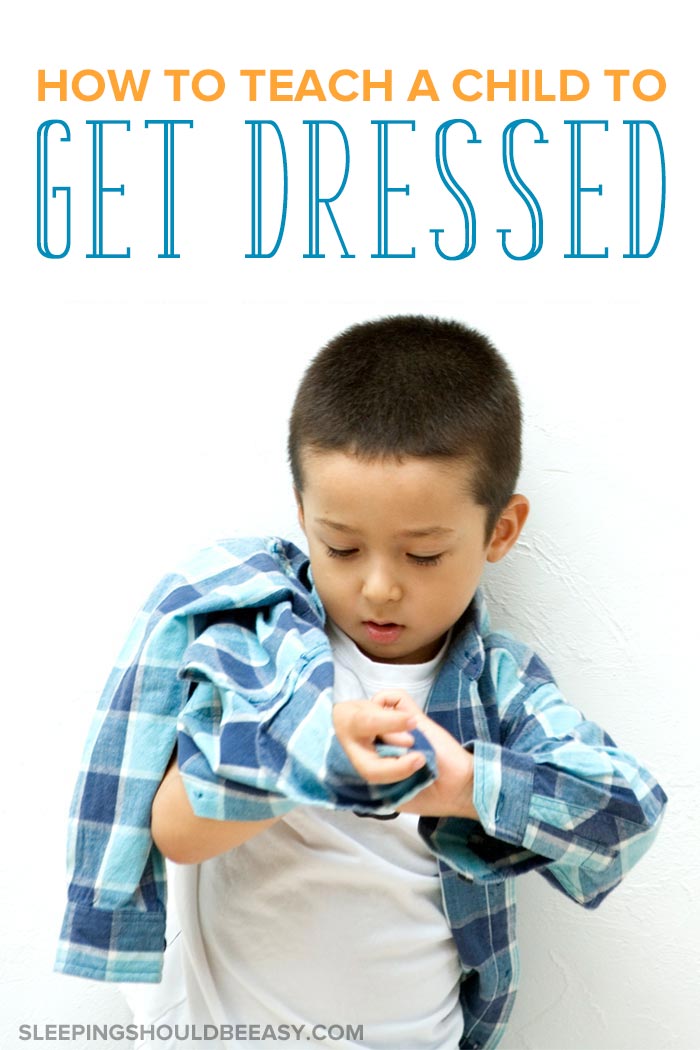
Of course, lack of communication can be just a trait, and not all people like to communicate a lot. But to pay attention to the fact that the child loves to be alone more than in society is worth it.
Something was needed, but he is afraid to say about his need, suffers inconvenience and waits for everything to be decided, of course.
For children, imitation is typical, however, if you notice in a child that he does it blindly and with no criticism. He just sees a self-confident child and wants to be "like him."
Asking for directions, and just talking to new people is a problem for insecure children.
It always seems to him that he will not succeed, and if luck smiled at him, then he does not rejoice in the victory to the full extent, but thinks that he was just lucky.
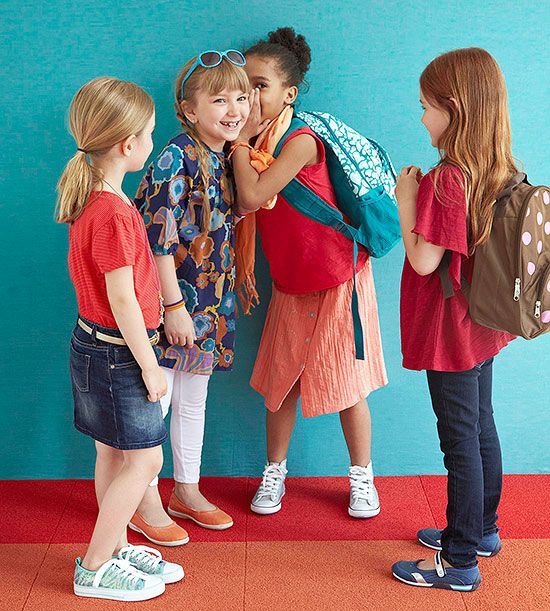
These qualities in a child are associated with the fear of the new. It is difficult for him to adapt to new situations, such children tend to stay in a familiar and familiar environment.
5 tips for parents from teenagers on how to build confidence in a child
Have you ever noticed that after a fight with you a child runs away to his room in tears? Do you use the method: make him angry by pointing out his shortcomings, thinking that after that he will strive to become better? If yes, then you must understand that in this way you do not bring up anything in a child, but simply injure the psyche and form complexes in him yourself!
- Love him for who he is and help him become a better person. Notice in the child all his shortcomings and point to them, call him fat, stupid, ugly. If you notice skin problems, go with him to a beautician and get a recipe on how to get rid of acne. Visit the dentist and solve the issue with the teeth.
 Let the stylist help you choose the right haircut. Believe me, the child will be very grateful to you for helping him become better, and not pointing out flaws.
Let the stylist help you choose the right haircut. Believe me, the child will be very grateful to you for helping him become better, and not pointing out flaws. - Be fair and truthful. Don't tell your child to tell him that he is the prettiest or the smartest. This method leads to arrogance, which is not very popular in companies, and when such a teenager meets a competitor - also handsome and smart - he does not know how to deal with it. And he can go to any lengths to prove his superiority. And if it doesn’t work out, then he will feel himself the most “bad” and unhappy.
- Do not compare your child with others! First, there is dislike for the person with whom you are constantly compared. Secondly, there is absolutely no desire to be like him or become better. I would like to do the opposite.
- Share your problems. So he will understand that life is not an eternal holiday. He will learn to adequately perceive successes and defeats, based on your experience.

- Do not scold for mistakes. Show that it's okay to make mistakes. The fear of making a mistake only leads to a loss of faith in oneself and a lack of desire to act.
Interview with an insecure teenager and a psychologist's comment
- What is your sense of self-doubt?
- I have complexes, for example, sometimes I feel worse than others. I worry that I will not be able to succeed in what others are successful in.
- Do you think your parents are to blame for not believing in yourself?
- Probably yes. My parents are perfectionists. When they point out my flaws to me, I get angry. They probably think they're helping me. But, in fact, they only make things worse. I give up, I don't want to do anything. I have noticed that praise works well for me. When my parents are proud of my successes, they tell their friends about them. Then I'm ready to climb out of the skin to be even better. And I want to prove to everyone what I am capable of, if they believe in me.
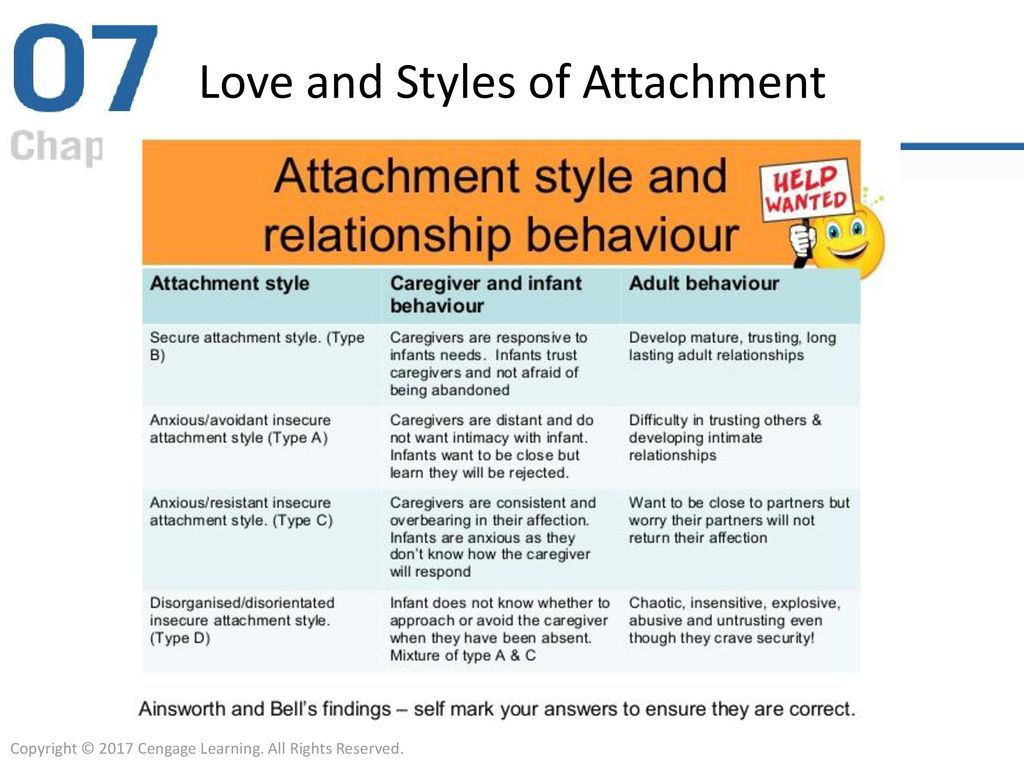
- When did you feel that you didn't believe in yourself?
- I don't know when... Probably at school because of learning difficulties. And also because of the transitional age, that is, in adolescence. When you notice how your appearance changes, and it doesn’t suit you. Also because of the exams, because you think you can't do it. The exam begins, and in my head: “Well, that’s it, I won’t succeed! It would all be over soon.”
- What calms you down, helps?
- I like to look into the sky and watch the planes. Also take pictures of flowers and create beautiful pictures. Sometimes it helps to communicate with friends and relatives who understand you.
- Do you have peer envy? How do you feel about those who are better than you?
- I try to look first of all at those who are better than me from the point of view of understanding what I lack. I try to improve myself. Envy, in a sense, is, but I will never do harm. If others have something that I do not have, I compensate for this in myself and so strive to achieve my ideal.
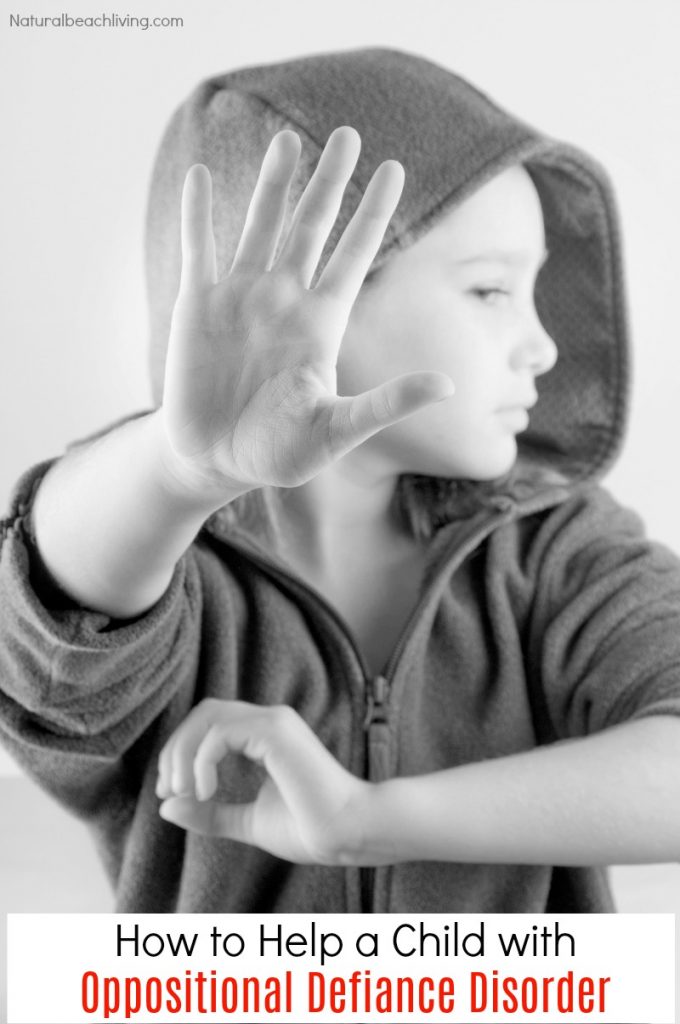
- Do you suffer from depression?
- No. I control myself. I'm trying to improve myself!
- Thank you for the interview!
Psychologist's comment:
It can be seen that the girl has raised the bar too high. She feels that whatever she tries, whatever she tries, will not be appreciated. She "cannot" make mistakes, do bad things. As a result, you don't want to do anything. She should learn to make mistakes, not be afraid of it. Lower the bar, enjoy the results that she gets. This effect is not as easy to achieve as it seems. Because parents should also be involved in the process. Without their support, it is difficult for a teenager to change.
10 ways to build confidence in your child
- Find a hobby in which your child will be successful. After all, hobbies make us unique! He sings well, runs fast, dances well or draws - choose a thing to your liking! Or, for example, someone can boast of a collection of one hundred and fifty cars, or a collection in which two hundred red lipsticks? Or maybe
- Help him to love himself, to see the dignity.
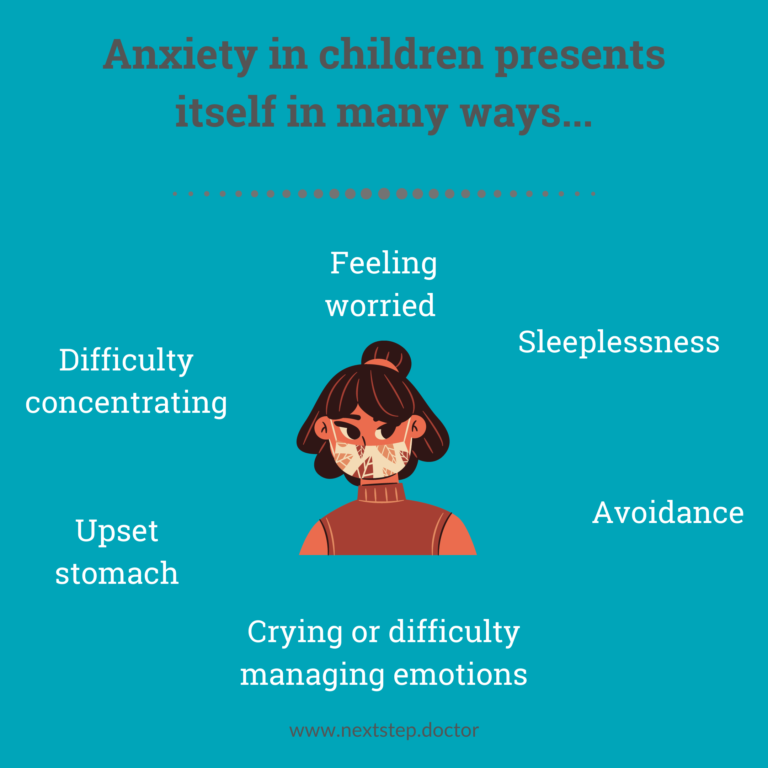 Talk about what he learns, praise for the work. Focus on strengths.
Talk about what he learns, praise for the work. Focus on strengths. - Discuss mistakes and don't make them fatal. Even a 2 in an exam or a test is not the end of the world! Believe me, it is much prose to fix the assessment than to restore the child's faith in his own strength.
- Encourage experimentation - if there is something the child wants to change, even in their appearance, you can help. Why not get a new haircut, choose a new style of clothing? The help of parents in this will be appreciated! And the relationship with the child will become better, and self-confidence will grow. By the way, there are specialists who will help a teenager choose a new style. You can invite the girl to attend courses on creating an image.
- Write a letter to your child in which friends and relatives list everything they like about him and present this envelope.
- Keep a student's success diary in which the child can record their successes, and fill it out together.
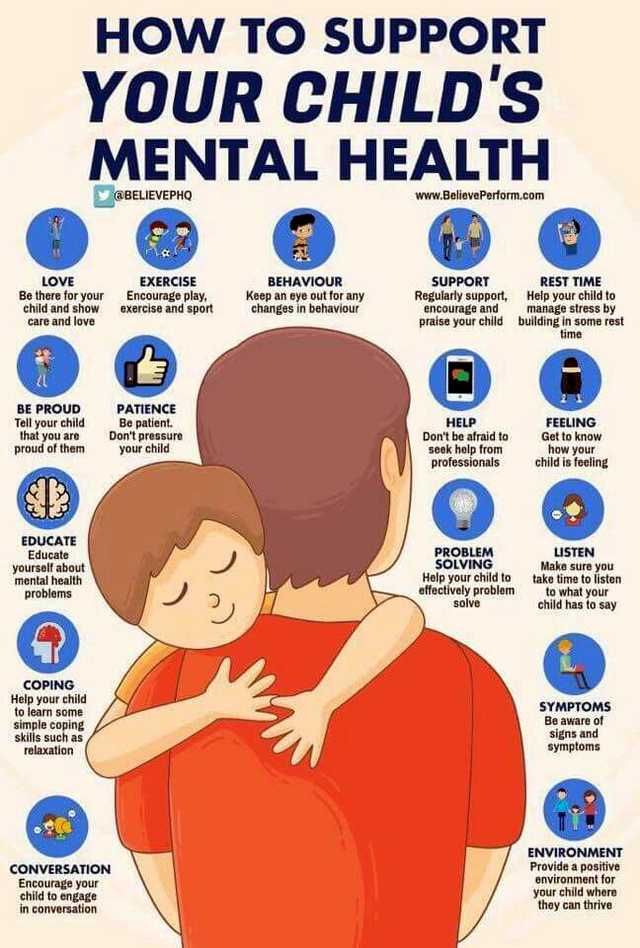 Teach him to set goals and achieve them.
Teach him to set goals and achieve them. - Confidence courses are a great option. Firstly, here you can find friends who have the same problems. Secondly, a good psychologist and group work at the training help to see strengths and become more confident.
Mini test: how confident is my child?
We have prepared simple questions for you, by answering which you will find out how much your child believes in his own strength.
Also, according to the results of the test, you will receive recommendations from psychologists of our center.
Pass the test
Development of self-confidence in a child - help at the K.O.T.
In the center of the K.O.T. There are professional child and adolescent psychologists who successfully solve issues of developing confidence in children and adolescents. Work can be carried out both in the form of individual consultations, and at training, in a group. For this, special programs have been developed for children of different ages, taking into account the characteristics and main tasks of the development of the child.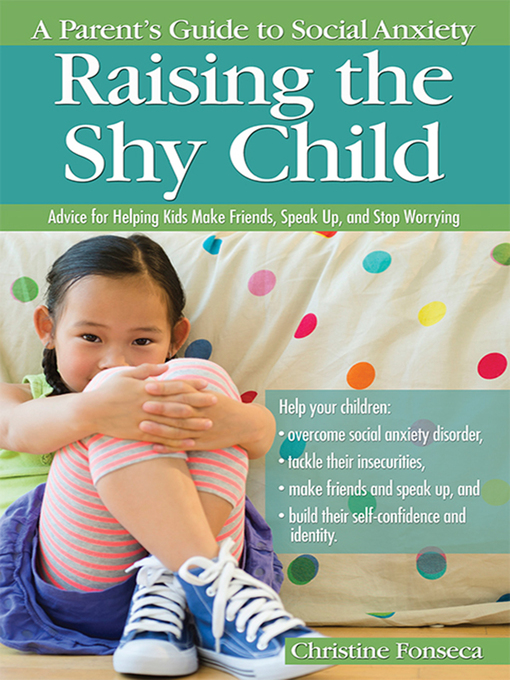
Course "I'm sure KIDS" for children 6-8 years old
Course "I'm sure" for schoolchildren 9-11, 12-14,15-17 years old. Classes are held in mini groups by age.
subscribe
to news
order training
for group
contact
contact us
8 tips from a psychologist on how to raise a self-confident child
“Mom, I don’t think I can do it,” you hear from a child. You try to convince him of the opposite, but in response the baby withdraws into himself. How to react? What is the reason? Lack of faith in oneself and unwillingness to take the initiative, because the only expected outcome is failure, and the consequences are a feeling of guilt for one’s mistakes. Self-doubt is the scourge of modern children, which you can and should work with. How to do this, tells the psychologist, the author of the methodology for the development of emotional intelligence and social skills of children "Academy of Monsikov" Victoria Shimanskaya.
Viktoriya Shimanskaya, Doctor of Psychology, leading Russian expert in the development of emotional intelligence
Confidence in insecurity
Most children are unaware that they experience insecurity. An underdeveloped emotional intelligence does not allow them to realize their anxiety. From the outside, it looks like sudden aggression, tearfulness, rejection of your favorite games, food, and the like. Parents attribute such “kookies” to manifestations of another crisis and stop trying to get to the bottom of the reasons. Although with all his appearance the child says: “I feel bad, I need your help!” Leave things, devote time to the baby and at the right time try to find out what really worries him.
If you are convinced that low self-esteem is at the root of the problems, be prepared - you will have a difficult, but invaluable job for the unborn child. So let's get started!
How to develop a confident personality
Children are our reflection, so start with yourself
Learn to be responsible for your decisions.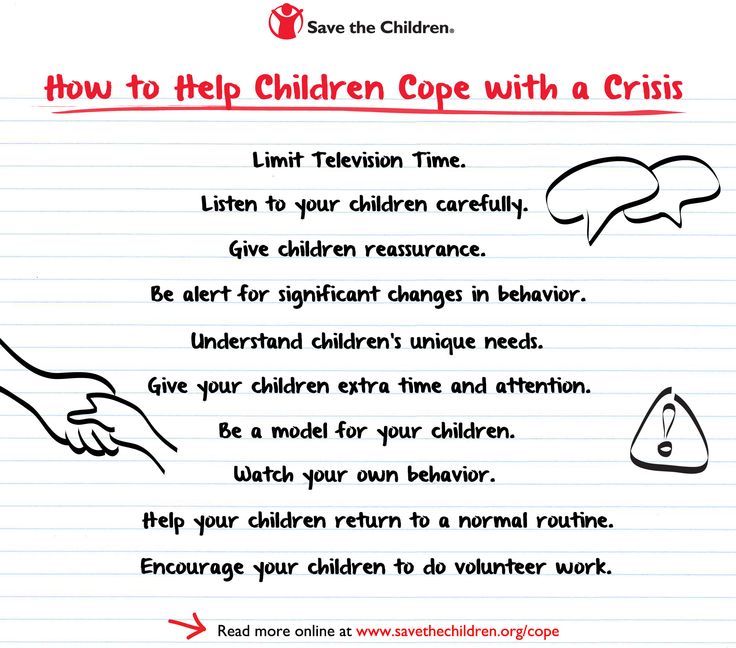 Self-selection of dessert in a cafe, dress in a fitting room, color of nail polish, etc. We made a decision - respect and stick to it, without "Maybe you should have ..." At first it will not be easy, but it will quickly become a habit. But if something went wrong - tasteless, didn't like the color or style - react calmly, just take it as an experience.
Self-selection of dessert in a cafe, dress in a fitting room, color of nail polish, etc. We made a decision - respect and stick to it, without "Maybe you should have ..." At first it will not be easy, but it will quickly become a habit. But if something went wrong - tasteless, didn't like the color or style - react calmly, just take it as an experience.
Love yourself and be honest with yourself. Try to minimize life’s “I have no choice”, “I must, then I must” - these are behaviors instilled in us from childhood, the patterns of which are never too late to start destroying.
Listen to your true desires - self-confidence with such behavior is formed automatically, you no longer doubt your actions, because this is exactly what you yourself wanted.
Take a look at your relationship with your child
How often do you talk about your love? At times when you don't have to deal with the negative consequences of his actions? The kid decided to drink water from an adult glass, did not hold back, dropped it on the floor. Mom hurries to clean up the puddle, chastising the child for carelessness.
Mom hurries to clean up the puddle, chastising the child for carelessness.
What conclusion is ripening in the child's mind? "I took the initiative - I did something - something went wrong ... Mom is unhappy, I'm probably bad!" Next time, the child is not sure whether he should get involved in an adventure of new achievements, because oh, how I don’t want to repeat the sad experience!
Let the child, within the limits of safety, of course, make decisions on his own, see the consequences of his actions and draw conclusions. Avoid judgment, accept his failures without criticism - a broken glass, a broken crayon, a fall from a bicycle. Love a child not only when it is convenient for you to be near him, but in any situation, unconditionally.
Eliminate bad habits of upbringing
The task is to recognize them, accept them and eliminate them. During the day, write down in a special notebook: criticism, distrust, comparison, impatience shown in relation to the baby.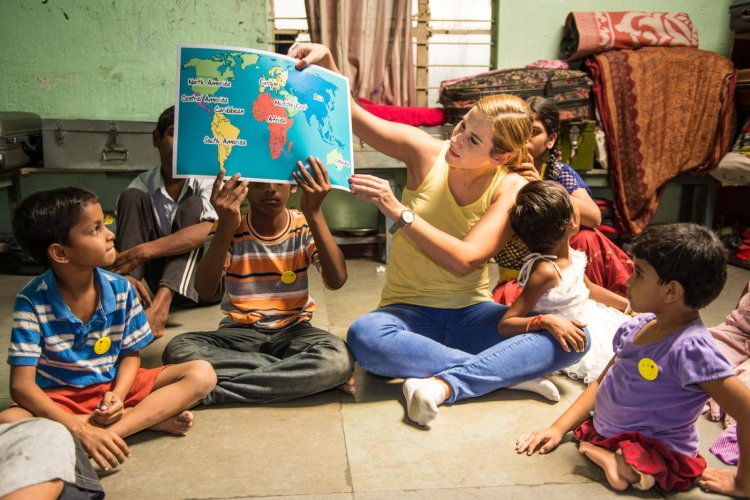 Out of habit, abandoned phrases can completely kill a child’s desire for initiative: “Well, what a scribble, I’d better draw a car!”, “Look how Misha rides a bike, but you can’t learn everything”, “I’ll build this tower myself, but then you will wake up the neighbors with a roar, ”and so on. Will such words give the child confidence? Of course not. To develop a new response model in yourself, you can use the classic “rubber band on hand” technique. They caught themselves criticizing the baby - they pulled the rubber band. The information will be deposited in the subconscious: "To avoid pain, watch your tongue." Habits are formed for at least a month, please be patient.
Out of habit, abandoned phrases can completely kill a child’s desire for initiative: “Well, what a scribble, I’d better draw a car!”, “Look how Misha rides a bike, but you can’t learn everything”, “I’ll build this tower myself, but then you will wake up the neighbors with a roar, ”and so on. Will such words give the child confidence? Of course not. To develop a new response model in yourself, you can use the classic “rubber band on hand” technique. They caught themselves criticizing the baby - they pulled the rubber band. The information will be deposited in the subconscious: "To avoid pain, watch your tongue." Habits are formed for at least a month, please be patient.
Analyze the child's games and aids
Are they all age appropriate? Often, along with a mountain of unnecessary toys, self-doubt also grows: “I can’t collect blocks”, “I can’t draw with paints”, etc.
Leave only a few toys - those with which there are no problems - and 1 −2 of those that are difficult for a child to deal with. Now observe what exactly is given to the baby with difficulty. Perhaps the Lego set is not interesting to the child, not because it is not from the latest collection, but because he did not understand HOW to connect the cubes to each other. Be patient, explain and show the baby how one part fits into another. To us, the task seems ridiculously simple, and the little man is faced with it for the first time in his life. Subsequently, complicate the process - build small houses, then towers, etc. The principle "from simple to complex" - success in simple tasks will give you the opportunity to believe in yourself and confidently proceed to more difficult ones.
Now observe what exactly is given to the baby with difficulty. Perhaps the Lego set is not interesting to the child, not because it is not from the latest collection, but because he did not understand HOW to connect the cubes to each other. Be patient, explain and show the baby how one part fits into another. To us, the task seems ridiculously simple, and the little man is faced with it for the first time in his life. Subsequently, complicate the process - build small houses, then towers, etc. The principle "from simple to complex" - success in simple tasks will give you the opportunity to believe in yourself and confidently proceed to more difficult ones.
Practice Steps
Achievement Tree
Draw a tree. Let it be large, with a wide crown and long branches. Place it on the wall in the most visited part of the apartment - from now on it is a matter of great pride! Tell that the tree is fruitful, and the fruits are the achievements of the baby.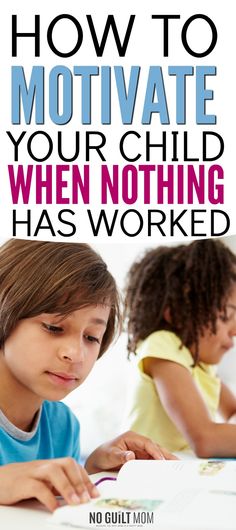 Prepare fruit in advance from cardboard, sign as success appears and solemnly stick it on a tree. Important: note any situations in which the child excelled, whether it was a cooked salad or a victory at the Olympics.
Prepare fruit in advance from cardboard, sign as success appears and solemnly stick it on a tree. Important: note any situations in which the child excelled, whether it was a cooked salad or a victory at the Olympics.
Skill Ball
Sit opposite each other. The task is to complete the sentence that the parent begins while simultaneously rolling the ball to the baby: “I can ...”, “I learned ...”, “I know how ...”, etc. At first glance, the game is quite simple, but its task is important - help the child to realize the strengths of his character, his abilities and skills.
Box of Emotions: "Self-Confidence"
It will store things related to significant events in the child's life, his successes and accomplishments. It is important that these items simultaneously perform the function of developing the child's emotional intelligence - they train the baby's senses. The sound of a bell will help you remember your first school successes, the smell and taste of chocolate cookies will remind you of the first baked dish, looking at a photo album will remind you of your first trip, and fingering crafts and applications will remind you of your creative successes!
Diary of feelings and emotions
A self-confident person accepts himself with all his manifestations and emotions - both positive and negative.

